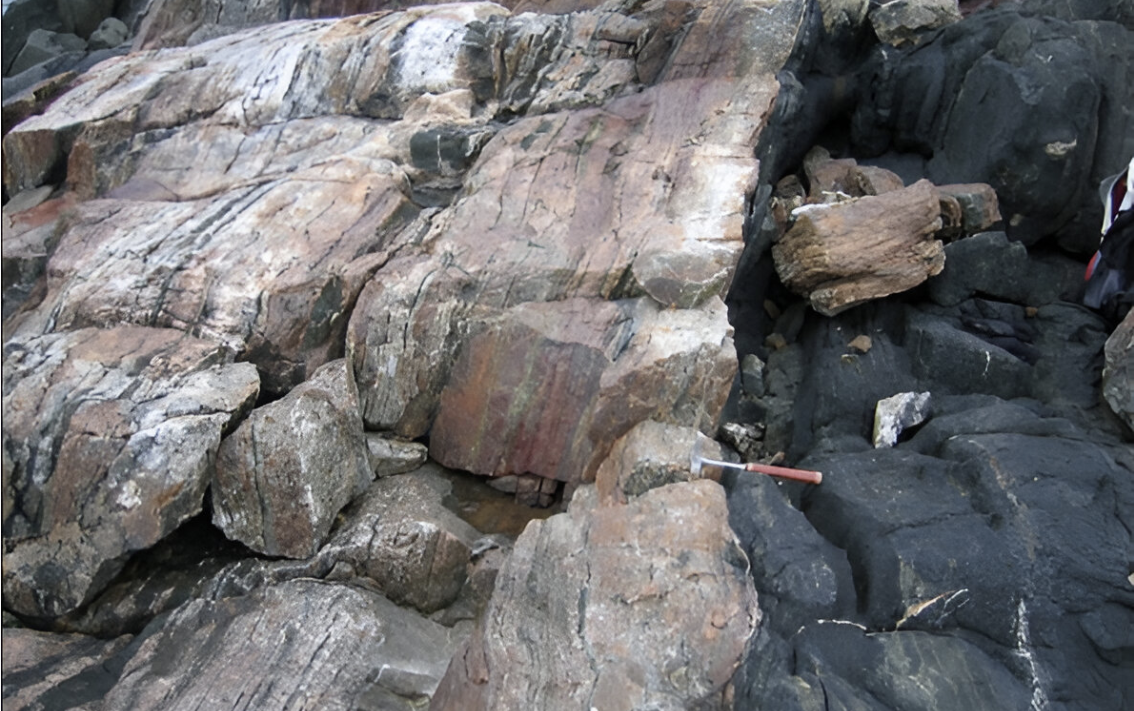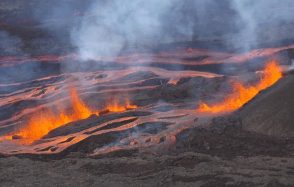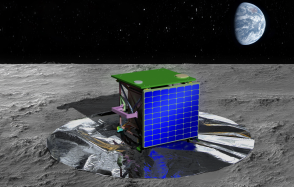The oldest trace of a marine sedimentary environment?
A new study conducted at the IPGP by Zhengyu Long, a PhD student in cosmochemistry, reveals that the Akilia rock in Greenland — over 3.6 billion years old — is likely of marine sedimentary origin. Through potassium isotope analysis, the team shows that this rock may be one of the earliest traces of a primordial ocean and possibly of the emergence of life on Earth.

Outcrop on Akilia Island (Greenland) where some of the oldest traces of terrestrial sediments are found. © Mark Van Zuilen
Publication date: 29/07/2025
Research
Related teams :
Cosmochemistry, Astrophysics and Experimental Geophysics (CAGE)








